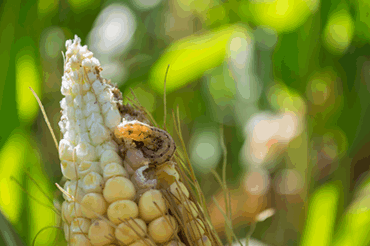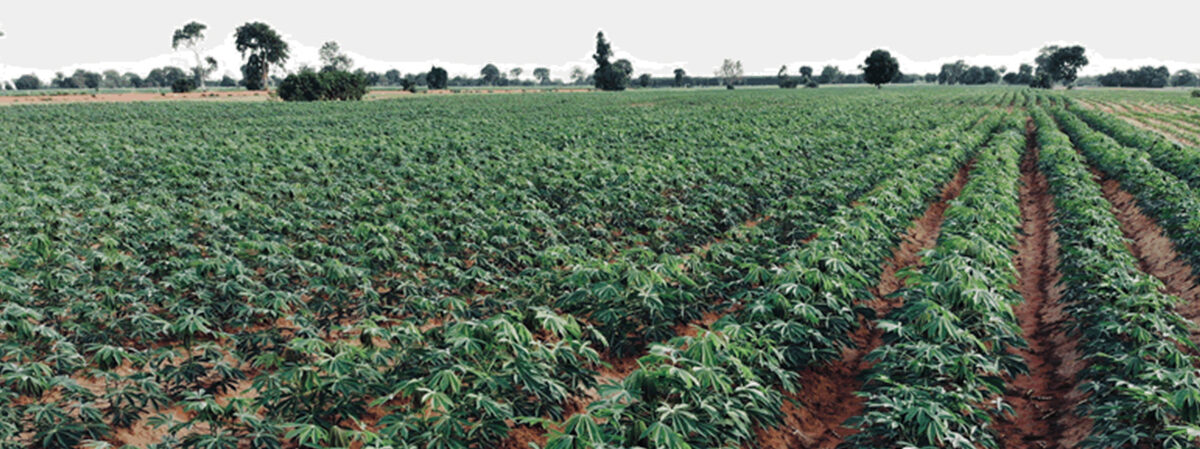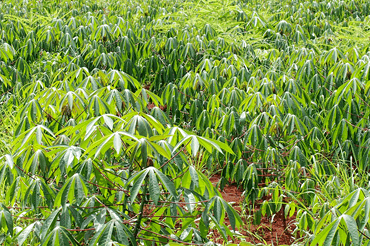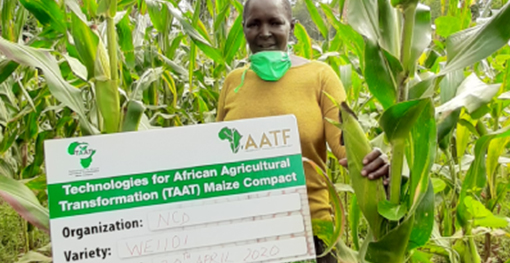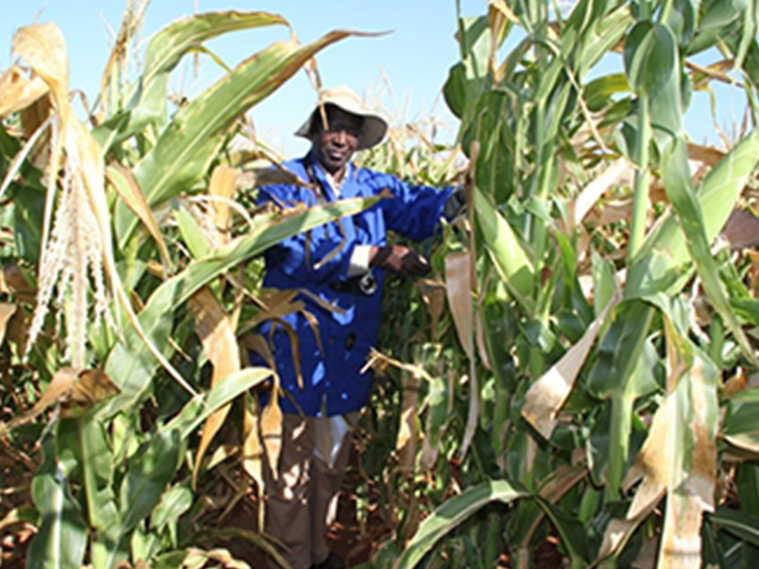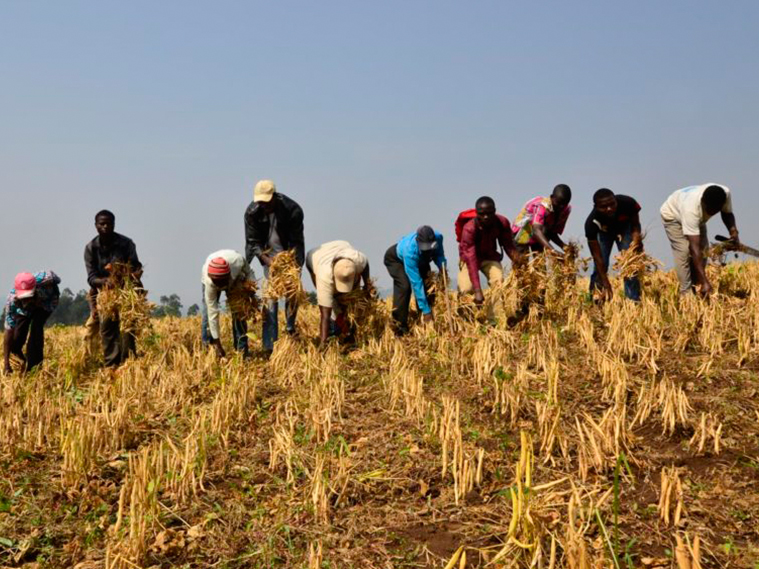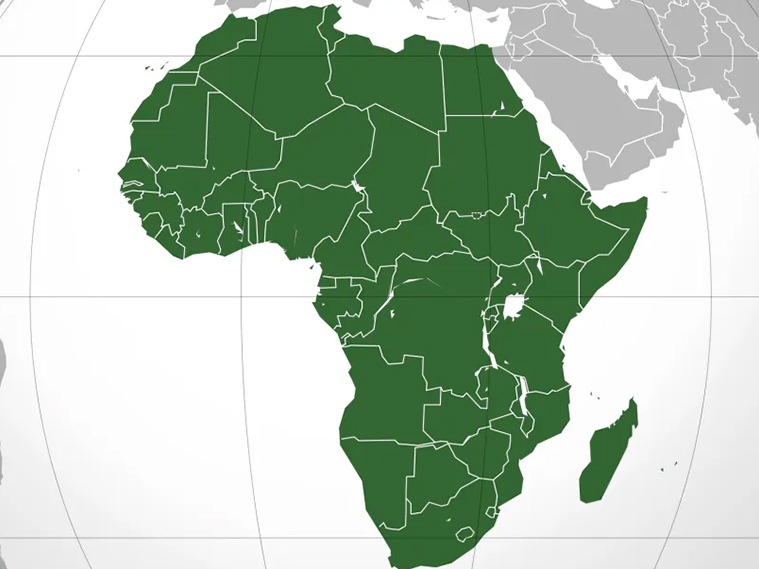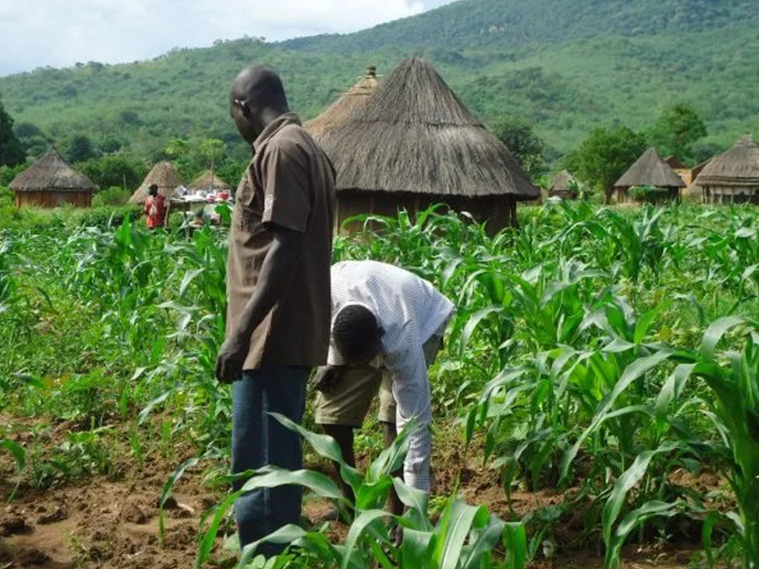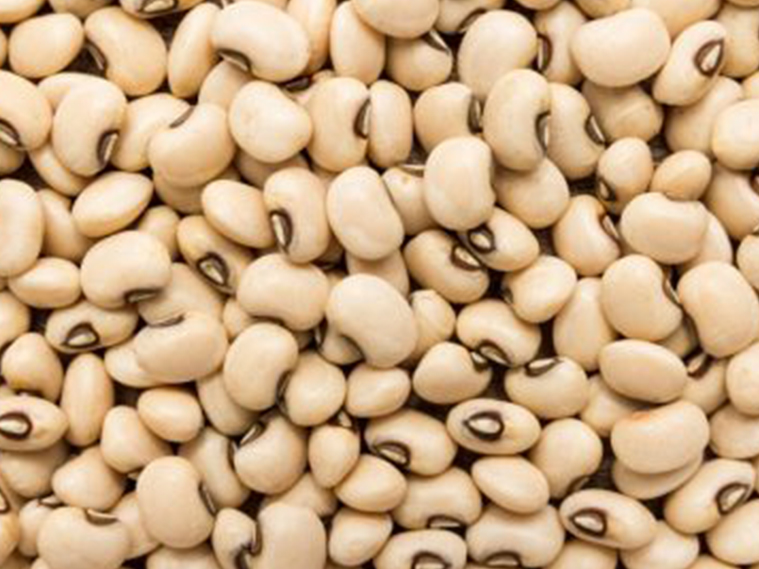by AATF Africa The army worm infestation has affected more than 2,000 acres within the Busia sub county hitting hardest the poor subsistence farmers who fully depend on their farms. Charles is wondering if this problem hit him for choosing to go against his normal practice. Usually, he says, he would plant only an acre of […]
Read Moreby AATF Africa The Cassava Mechanisation and Agro-processing Project (CAMAP) has opened a new world of opportunity for many cassava farmers in Osun state, Nigeria. One of these farmers is Mrs Kikelomo Amusan who never thought that at any given day in her life she would ever cultivate anything in excess of one acre of the […]
Read Moreby AATF Africa The Cassava Mechanisation and Agro-processing Project (CAMAP) has opened a new world of opportunity for many cassava farmers in Osun state, Nigeria. One of these farmers is Mrs Kikelomo Amusan who never thought that at any given day in her life she would ever cultivate anything in excess of one acre of the […]
Read Moreby J.Muthie Maize farming was becoming a source of major frustration for Ann Aloo, a smallholder farmer in Kisumu County of Kenya. For her, growing maize in the semi-arid western Kenya region has been hectic due to unpredictable weather and inaccessible climate-smart farm inputs. For a long time, the farmer says she could only harvest 135 […]
Read MoreBy Dr. Daniel Kyalo Willy and Dr. Munyaradzi Jonga Africa has been packaged as the next frontier of economic growth due to its centrality in the global investment agenda. Agriculture is arguably the most important vehicle to realising this goal. For this ambitious plan to succeed, the development of the continent’s agriculture sector needs to […]
Read MoreThe African Agricultural Technology Foundation (AATF) Risk Management Committee has given green light to the Technologies for African Agricultural Transformation (TAAT) Maize Project to conduct limited monitoring and evaluation activities of the project between 5th and 8th August 2020 and in line with the government of Kenya guidelines on COVID-19 management. AATF staff involved in the Project […]
Read More
